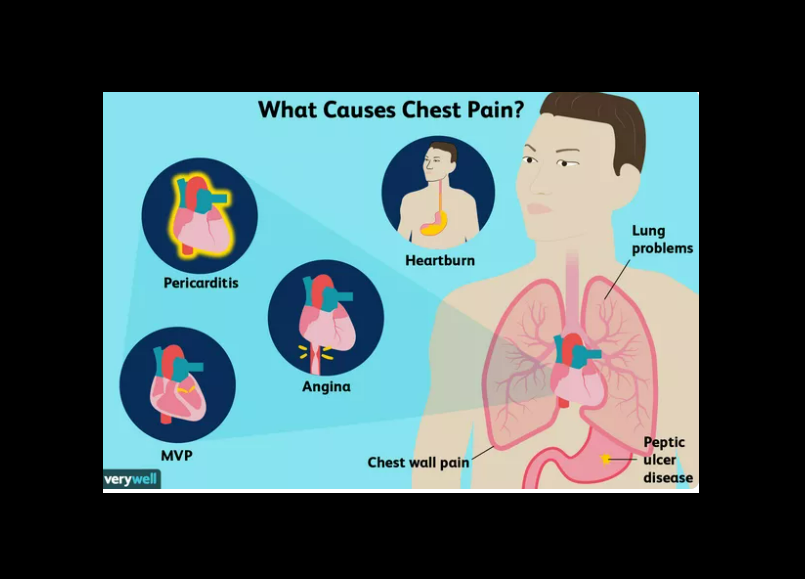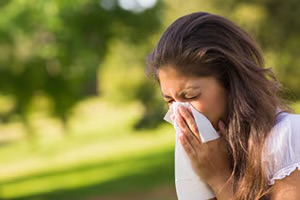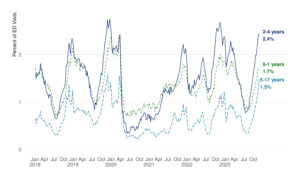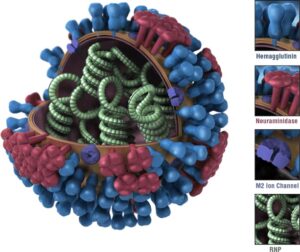Knowing When It’s Time to Call 911
By Richard N. Fogoros, MD Updated on April 01, 2022
Medically reviewed by Yasmine S. Ali, MD, MSCI
Chest pain can have many different causes—some harmless and some life-threatening, including a heart attack. That’s why it’s important to be able to recognize the signs of an emergency.
Never ignore chest pain, even if it seems insignificant. You should always discuss it with your doctor. They can determine what tests you need to help find the cause.
This article discusses the causes of chest pain and the signs that point to a cardiac emergency.
Common Causes
These are some of the common conditions that cause chest pain. Some may be due to heart conditions and others may be caused by issues with your lungs or digestive system.
Pericarditis
Pericarditis is inflammation of the pericardium. The pericardium is a fluid-filled sac with thin layers of tissue that surround the heart to keep it in place and working properly. Inflammation in the sac’s layers can cause chest pain that feels like a heart attack.
Mitral Valve Prolapse (MVP)
Mitral valve prolapse (MVP) is a condition where the two flaps of the mitral valve flop back into the left atrium of the heart.
The mitral valve lies between the left chambers of the heart (atrium and ventricle) to keep blood from flowing the wrong way. With mitral valve prolapse, the valve may let a small amount of blood leak backward into the atrium.
Most people have no symptoms, but some have chest discomfort. Other symptoms may include bursts of rapid heartbeat, fatigue, dizziness, anxiety, and shortness of breath.
Angina
Angina is chest pain that feels like pressure, tightness, or discomfort in the chest, shoulders, arms, neck, back, upper abdomen, or jaw, as well as shortness of breath and fatigue. It’s caused by reduced blood flow to your heart muscle, meaning your heart muscle isn’t getting enough oxygen.
Angina is a symptom of an underlying condition such as coronary artery disease (CAD). CAD occurs when sticky plaque builds up in the arteries and reduces blood flow.
Stable angina usually improves with rest and medicine. Unstable angina is more dangerous and doesn’t go away with rest and medicine. Unstable angina is a sign that you are at high risk of a heart attack and you may need emergency treatment.
Heartburn
Heartburn, or acid reflux, is a burning, painful feeling in your chest that can also move to your throat. It’s caused by stomach acids coming up your esophagus, the tube that runs from the throat to the stomach.
This may be caused by a number of factors, including certain foods, pregnancy, certain medications, or a condition known as gastrointestinal reflux disease (GERD).
In addition to a burning sensation in the chest, you may have an acidic taste in your mouth or difficulty swallowing.
Peptic Ulcer
A peptic ulcer is a sore in the lining of your stomach or the first part of your small intestine. It can cause a burning or “gnawing” stomach pain that may start between meals or at night. Symptoms may ease when you eat or take antacids.
Lung Disease
Some lung conditions can cause chest pain, particularly when breathing or coughing. These can include a respiratory infection, such as pneumonia, or pleurisy, inflammation of the tissue that lines the lungs.
Chest pain may also be caused by a pulmonary embolism, which is a life-threatening condition. With a pulmonary embolism, a blood clot comes loose and travels to the lungs. Other symptoms may include sudden shortness of breath, irregular heartbeat, and coughing up blood.
Chest Wall Pain
Chest wall pain is caused by issues in the muscles, bones, or nerves of the chest. This could be caused by an injury to the chest, such as a strain or bruise. It could also be a condition called costochondritis, inflammation in the cartilage along the sides of the breastbone.
Anxiety Attack
Chest pain may also be caused by a panic attack or anxiety attack. This can happen if you have an anxiety disorder or anytime you suddenly feel afraid or anxious. This typically feels like a sharp, stabbing pain or chest discomfort with a rapid heartbeat.
Heart Attack
You should always check with your doctor if you’re unsure about the cause of your chest pain. Some symptoms can indicate that it’s more likely to be a heart attack. If you have chest pain along with other symptoms or risk factors for a heart attack, seek immediate medical care.
Risk Factors
Chest pain is more likely to represent a dangerous condition—and should be treated as such—if you have any of the following risk factors:
- 40 years old or older
- Nicotine use
- Obesity
- Diabetes
- High blood pressure
- Unhealthy cholesterol levels
- Strong family history of early heart disease
Heart Attack Symptoms
It’s important to be aware of the signs and symptoms of a heart attack. With any of these symptoms, call 911 immediately. These include:
- Chest tightness, squeezing, heaviness, or a crushing sensation
- Constant pain in the middle of your chest, or spreading over a wide area of the chest
- Weakness, nausea, shortness of breath, sweating, dizziness, or fainting
- Pain radiating to your left arm, shoulders, upper abdomen, back, neck, or jaw
- Pain more severe than any you’ve had before
- A sense of impending doom
- Pain that progressively worsens over the first 10 to 15 minutes
Types of pain that are less likely to be a heart attack include:12
- Sharp, knife-like pain when coughing or breathing
- Sudden sharp pain that lasts only a few seconds
- Pain on one side of the body
- Pain only in one small spot
- Pain that lasts for several hours or days with no other symptoms
- Pain when you press on your chest or with a specific motion
Diagnosis
When you need immediate attention for your chest pain, call 911 to be taken to a nearby emergency room. The responding EMTs or paramedics can evaluate and help stabilize your condition even before you arrive at the hospital.
In the ER, physicians will determine whether the chest pain is acute (arising suddenly) or chronic (occurring over the long term).
For acute chest pain, the healthcare provider can usually get to the root of your problem quite rapidly by:
- Taking a brief medical history
- Performing a physical examination
- Performing an electrocardiogram (ECG)
- Ordering a blood test to measure cardiac enzymes
This evaluation will usually determine whether it’s a cardiac emergency. If the diagnosis is still in doubt, further testing will be needed.
Acute coronary syndrome (ACS) happens when the blood to the heart is blocked. This could be from unstable angina or a myocardial infarction (heart attack).
If ACS is suspected, you may be admitted to an intensive care unit to start treatment. Your healthcare providers may also want additional studies to help pin down the diagnosis. These can include an echocardiogram, thallium scan, computerized tomography (CT) scan, or cardiac catheterization.
If your chest pain is chronic, or something you’ve had before, your healthcare provider will evaluate if it’s angina. Angina is usually caused by CAD, but can also be produced by less common cardiac conditions such as coronary artery spasm or cardiac syndrome X.
If the condition isn’t heart-related, your doctor may order other tests for gastrointestinal or lung-related issues. These could include X-rays, GI endoscopy, and pulmonary function tests.
If a life-threatening cause has been ruled out, most emergency rooms will refer you to your healthcare provider. They’ll ask you to make a follow-up appointment for further evaluation.
Summary
While chest pain could be a sign of a heart attack, it might also indicate another condition. This could involve either the heart, stomach, muscles, or lungs. Always let your doctor know if you have chest pain. Even if it isn’t a heart attack, they can help you determine what’s causing it so you get the right treatment.
If you think it could be a heart attack, or there’s any doubt, play it safe and call 911. The emergency room can perform an exam and run tests to determine if the cause is life-threatening.
Getting immediate medical care may save your life.
Original Article – https://www.verywellhealth.com/chest-pain-emergency-1745275





